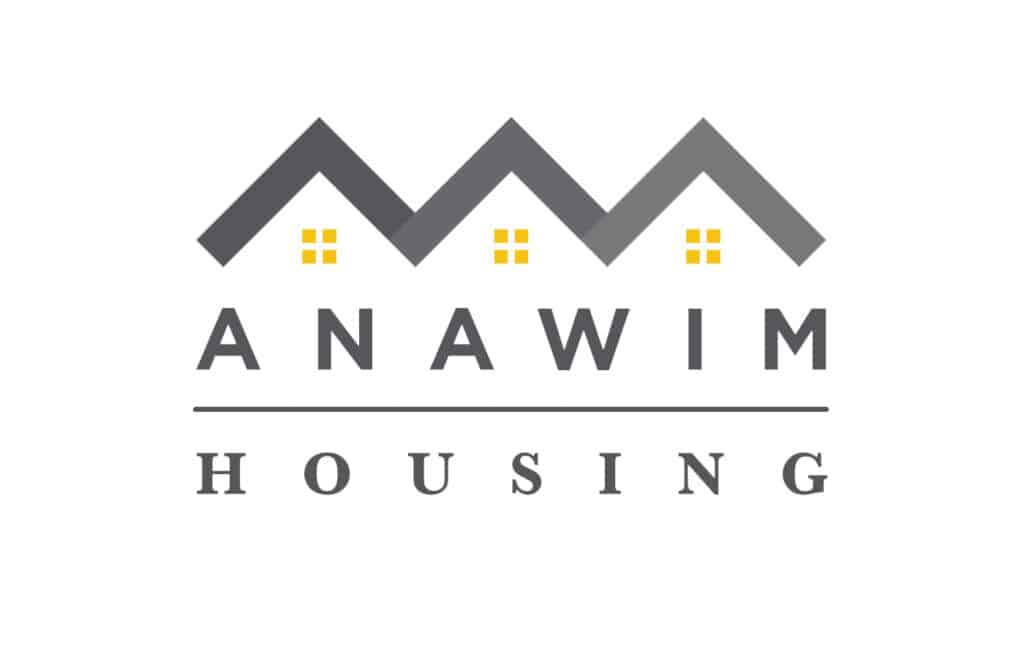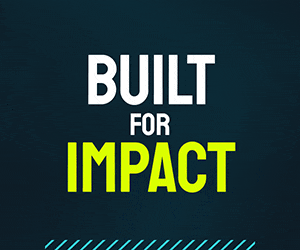One-third of Central Iowa households struggle to afford essentials, United Way report finds

Gigi Wood Apr 21, 2025 | 11:03 am
4 min read time
1,028 wordsAll Latest News, Nonprofits and PhilanthropyThe United Way of Central Iowa recently hosted its Live United Celebration, where organization officials shared results of its annual community report on the health of individuals and families in the region.
One of the areas of concern for United Way officials this year is the increase in working families unable to pay for basic necessities. Known at United Way as Asset Limited Income Constrained Employed (ALICE), these households earn income higher than the federal poverty level but have difficulties making ends meet, often because of high prices and low wages. In Central Iowa, 35% of households meet this criteria.
As the cost of food, housing, child care, transportation, health care and other necessities have increased in recent years and wages have remained largely stagnant, households have increasingly struggled to make ends meet.
According to a report by the Economic Policy Institute, a nonprofit, nonpartisan think tank, “in stark contrast to prior decades, low-wage workers experienced dramatically fast real wage growth between 2019 and 2023, but many workers continue to suffer from grossly inadequate wages and middle-wage workers face significant gaps across demographic groups.”
Results from the report shared at the United Way luncheon last week include:
- More than 43% of Central Iowa renters are rent burdened, spending more than 30% of their income on housing.
- 23 affordable rentals are available for every 100 needed.
- Among the 20 most common jobs in Central Iowa, 40% pay less than $20 per hour.
- 36% of Central Iowans do not have cash on hand to cover a $400 emergency expense.
- 76% of Central Iowa children younger than 6 have all parents/caregivers in the workforce. Most states are in the 60% range. Iowa is tied for second in the country for the highest percent of all caregivers in the workforce.
- 63% of Central Iowa third-graders are proficient in reading, down 2.5% from the previous year.
- 24% of Central Iowa students are chronically absent from school, an increase of 14% from pre-pandemic levels.
- Iowa has 530 individuals for every one mental health care provider.
- 18% of Central Iowa adults report that their overall health is “fair” or “poor,” the highest percentage in more than a decade.
- Wages increased 4.8% in 2022, while the cost of basics for a family of four increased 17% in Central Iowa.
Data for the United Way’s annual report comes from a variety of local, state and federal sources, such as the U.S. Census Bureau and the 2024 Community Health Needs Assessment, which covers Polk, Dallas and Warren Counties.
The Business Record sat down with Mary Sellers, president of the United Way of Central Iowa, to talk about the annual report.
Why is the annual report important?
I kind of look at the report as a state of the community. It’s data driven in terms of what is really happening in our community. By looking at it comprehensively, not through an issue but through multiple issues, it really paints a picture of where we need to focus collectively to advance our community.
Did any of the data stand out as particularly significant this year?
I think the fact that 35% of the population is in ALICE, so they’re not making ends meet. When you break that down into households, it’s 92,000. That would be the equivalent of when you combine the number of households in Ankeny, Waukee, West Des Moines, Urbandale and Norwalk. That’s pretty compelling for what we need to be doing as a community.
What do you attribute that increase in ALICE households to?
The Consumer Price Index takes into consideration things like luxury goods, travel, things that an ALICE population would not be considering. So we created an ALICE index, where we’re just looking at the basics. When those costs of basics increase by 17% and wages only increase 4.8%, when you’re looking at the necessities, not the CPI, but the necessities that ALICE would be trying to do, food prices, all of those things, that [gap between wages and cost of basic necessities] is what’s contributing to it.
What does the business community need to know about this and what can they do about it?
I don’t mean to sound trite when I say “give, advocate, volunteer.” If they know things and they’re passionate about certain issues, I think it would be very powerful for [them to advocate for those issues], and we do have the business community voicing their thoughts on some of these issues. We’re really fortunate in that regard in this community. But I think where it aligns, like Holmes Murphy, it aligns with what they have as a culture, and so it makes sense for them to get engaged in that way. It’s different for each business. These [ALICE] folks are employees, and so I think it’s important that [Central Iowa businesses] consider this as they expand their employee population.
When it comes to child care issues, what can we do as a community? How do we make a dent in that?
It’s a multi-variable equation. From the data we’ve seen, it’s a workforce challenge [for child care centers] when the compensation is so low. They can’t open more spots because they don’t have the workforce to open more spots. And then when you look at the business model, I mean, I think there are several organizations that have considered providing child care on site, but the business model doesn’t work. Like we did with youth violence and food security, it really has to be a more systemic approach than a one-off approach.
What’s an easy way for businesses to get involved with United Way if they aren’t already?
A real easy way for anybody to get engaged with United Way is on our website, we actually provide a list of all the volunteer opportunities in our community. That’s a unique role we play. If they’re interested in getting on a board, or if they’re interested in volunteering in a certain geography, around their work or around their home, or around a particular issue orientation, it doesn’t matter what size organization they are, or if it’s an individual. That’s a great place to start, is to just start putting your toe in the water to see what these issues are first hand, and then see where your passion takes you.

Gigi Wood
Gigi Wood is a senior staff writer at Business Record. She covers economic development, government policy and law, agriculture, energy, and manufacturing.










